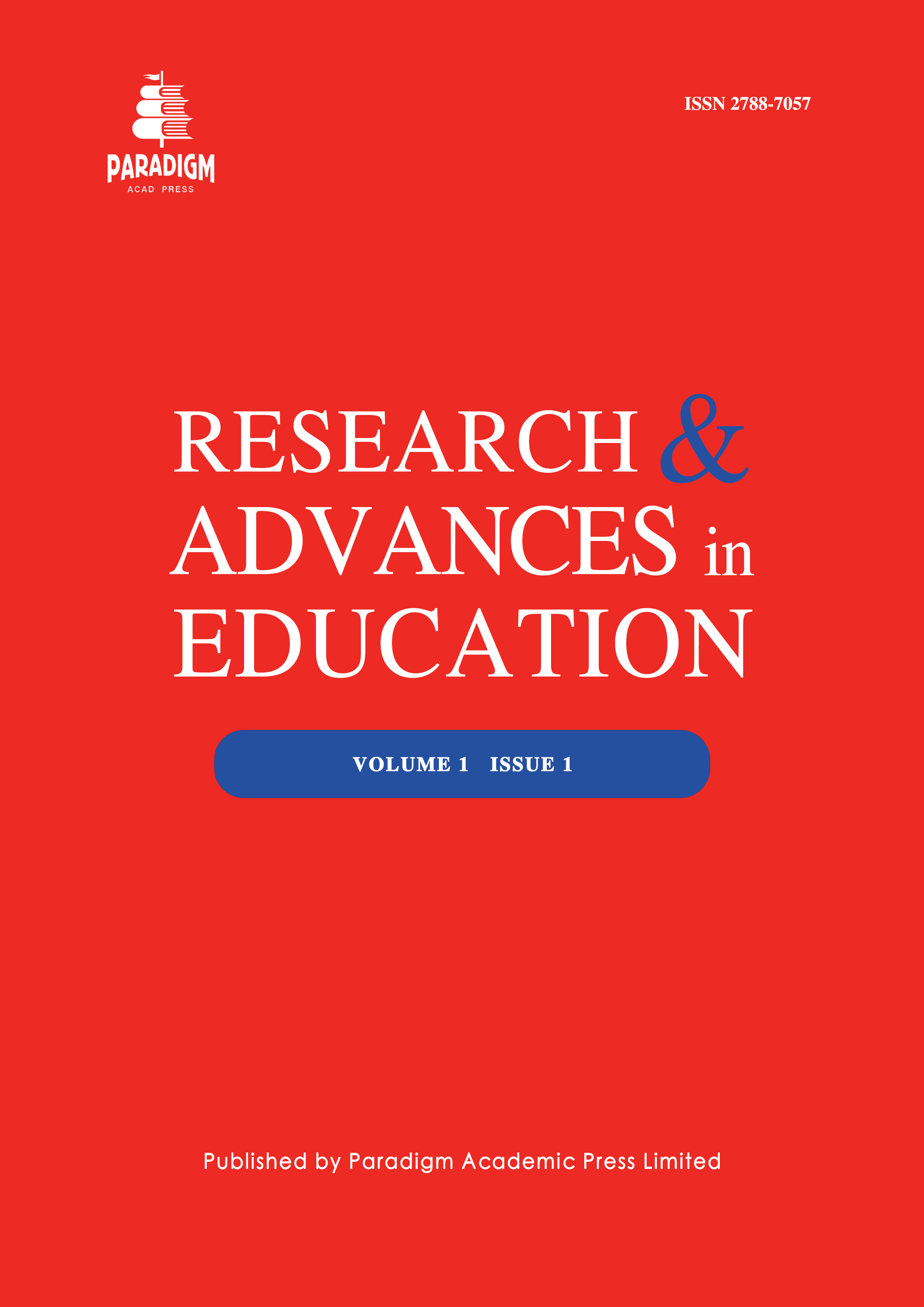The Long-Term Impact of Student Debt on Career Choices and Social Mobility of Low-Income Students
Keywords:
student debt, low-income students, career choices, social mobility, economic outcomesAbstract
This paper explores the long-term impact of student debt on the career choices and social mobility of low-income students in the United States. Utilizing a mixed-methods research design, the study combines quantitative data from national surveys and secondary sources with qualitative insights from in-depth interviews. The findings reveal that low-income students graduate with significantly higher levels of student debt compared to their higher-income peers, which constrains their career options and compels them to prioritize financial stability over personal interests. This debt burden also impedes their ability to achieve upward social mobility, as it limits their capacity to save, invest, and make significant life purchases such as buying a home. Moreover, the psychological stress associated with substantial debt further exacerbates these challenges, leading to chronic stress and mental health issues that impede career progression and overall quality of life. The intergenerational effects of student debt are also profound, as financial strain on parents and subsequent economic instability experienced by their children perpetuate cycles of poverty. This study underscores the need for comprehensive policy interventions to alleviate the burden of student debt and promote greater economic equity.


